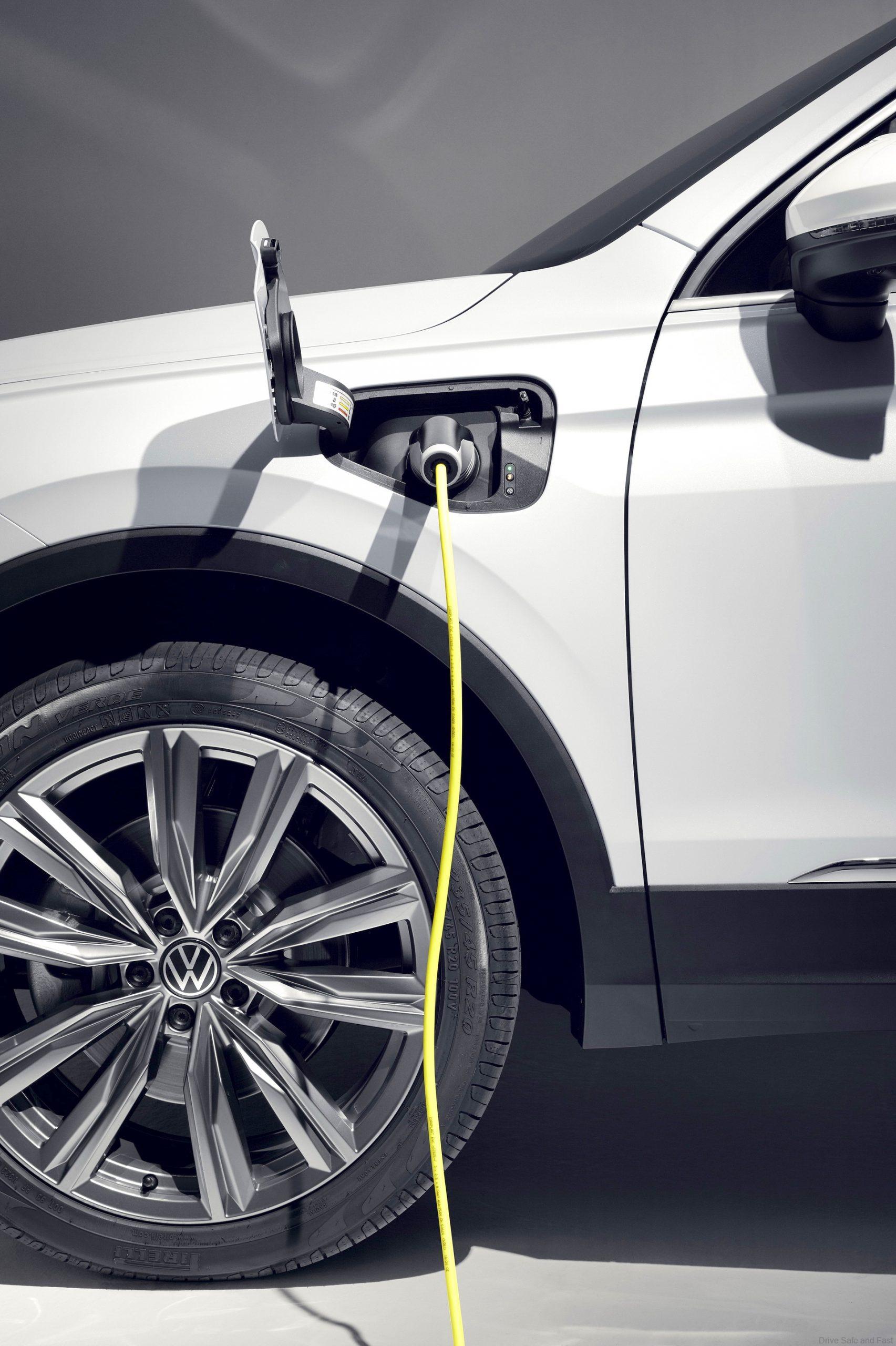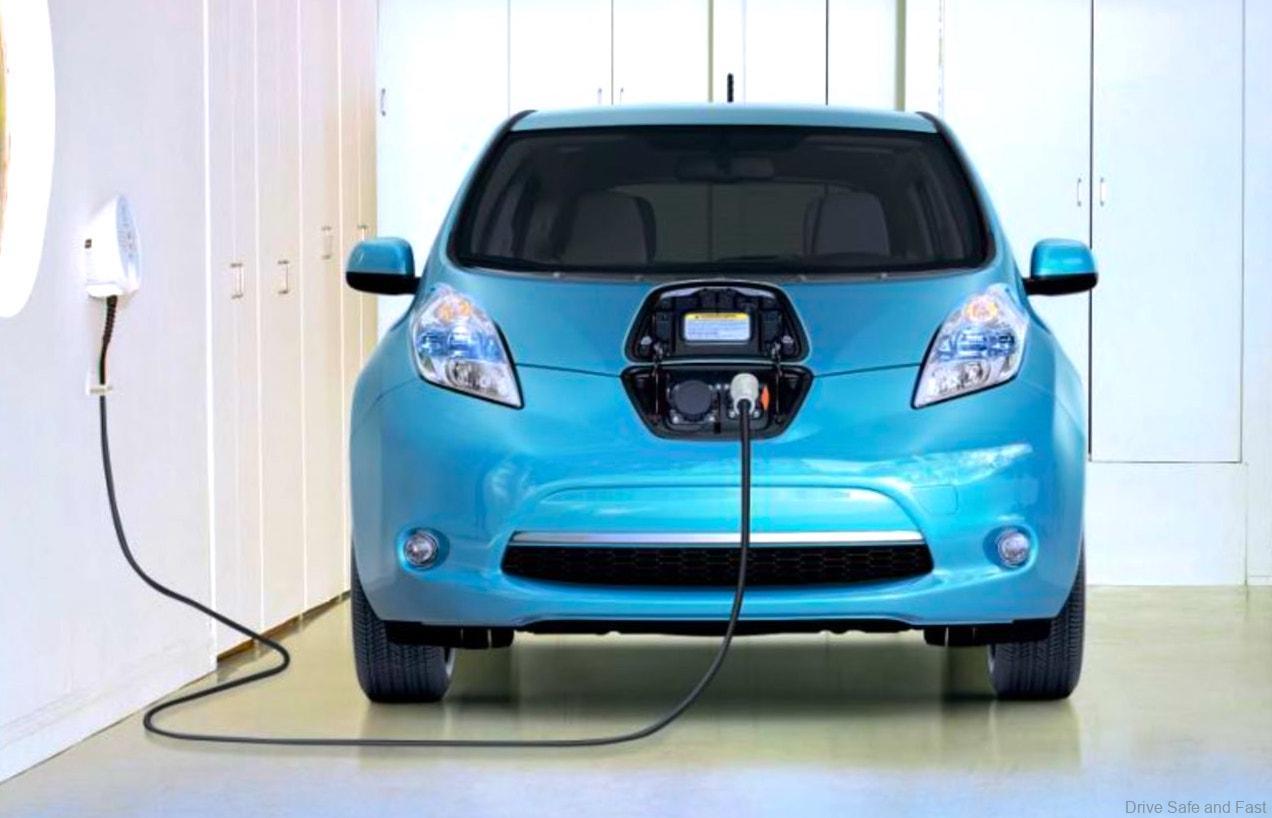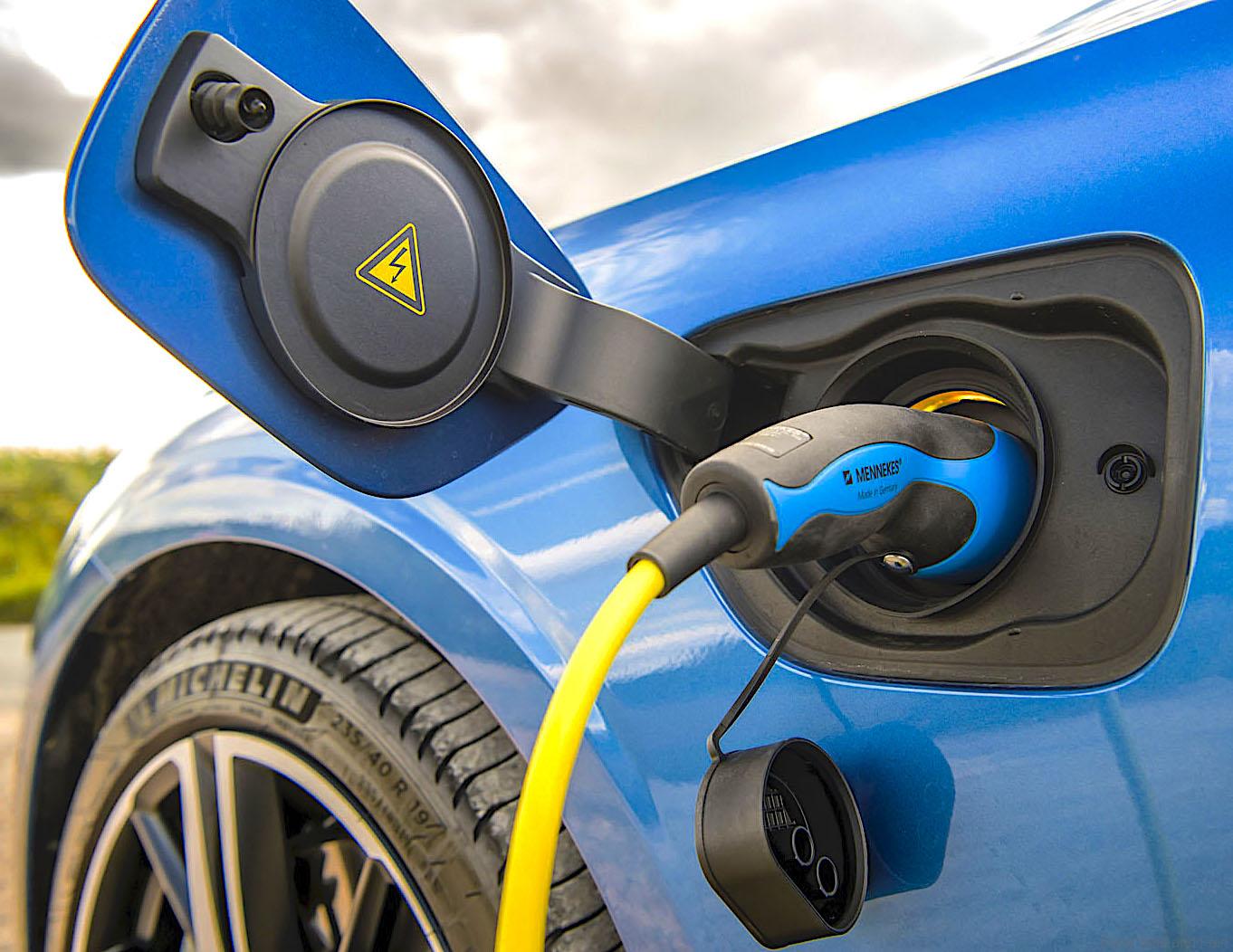EV Fast Charging Is About To Get Faster
EV charging is about to be revolutionized soon
So by now we all roughly know the standard times most electric vehicles (EVs) take to charge either to full or to a manageable amount. While fast charging now is pretty impressive, especially compared to regular EV charging from 5 years ago, it still leaves much to be desired.

On top of taking a rather long time to charge (some 30 minutes on average for most fast charging EVs), it is also a cumbersome process to electrify cars as we are required to mine massive amounts of metals like cobalt and lithium so the general consensus is things would be easier if EV batteries were just smaller.
Unfortunately, in the arms race between automakers to manufacture EVs that can travel longer distances between a charge, bigger batteries are being fitted to cars. This leads to more mining of minerals which ultimately goes against what EVs stand for, environmental preservation. Unfortunately, we need bigger batteries, right?
Well, not anymore. As previously mentioned the average EV takes around 30 minutes to charge using a DC fast charger. Now, researchers at Penn State University published a study on Nature linked here, that states they have developed an EV battery capable of charging up to roughly 70 percent in just 10 minutes.

Moreover, they claim this technology can work with any size of EV battery, removing the need for large batteries all together. Chao-Yang Wang, a professor of materials science and engineering at Penn State, said, “Now you can essentially use much less raw materials, and reduce a tremendous (amount of) carbon emissions from manufacturing those batteries.”
Wang is also the lead author of the study and the founder and CTO of EC Power, a battery technology company that collaborated with the researchers. The company is building a factory in Pennsylvania to mass produce the batteries which they say will be available commercially in about two years.
Wang mentions heat was one of the methods used to facilitate this level of charging. He explained that batteries use chemical reactions to store energy and when it gets cool, these reactions slow down. This is why EVs suffer in cold weather. He explained that heating essential components sped up everything.
Additionally, it took the team a year and a half to complete but Wang and company may have revolutionized EVs forever. “Battery technology has been lagging behind, and its fast charging problem has been a longstanding challenge. Only now, we’re beginning to crack the code.” Wang concluded.

We got all this from Time.com and their full article is linked here. Thank you Time.com for the information.